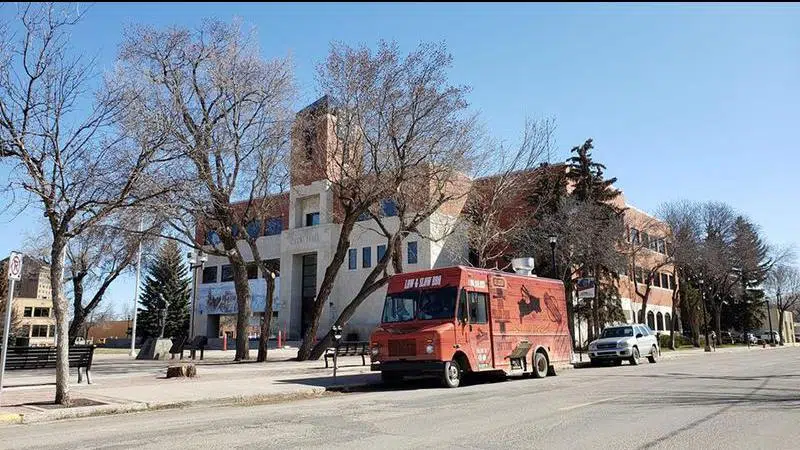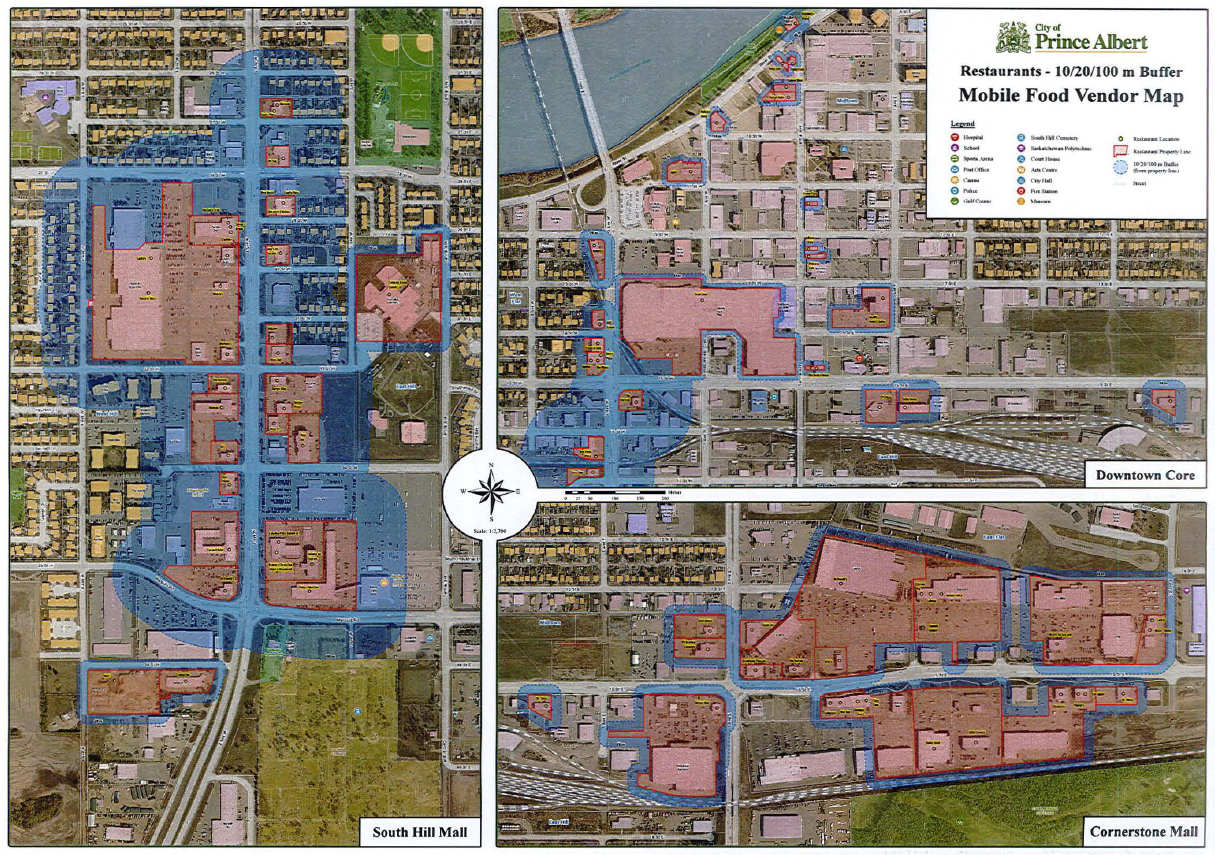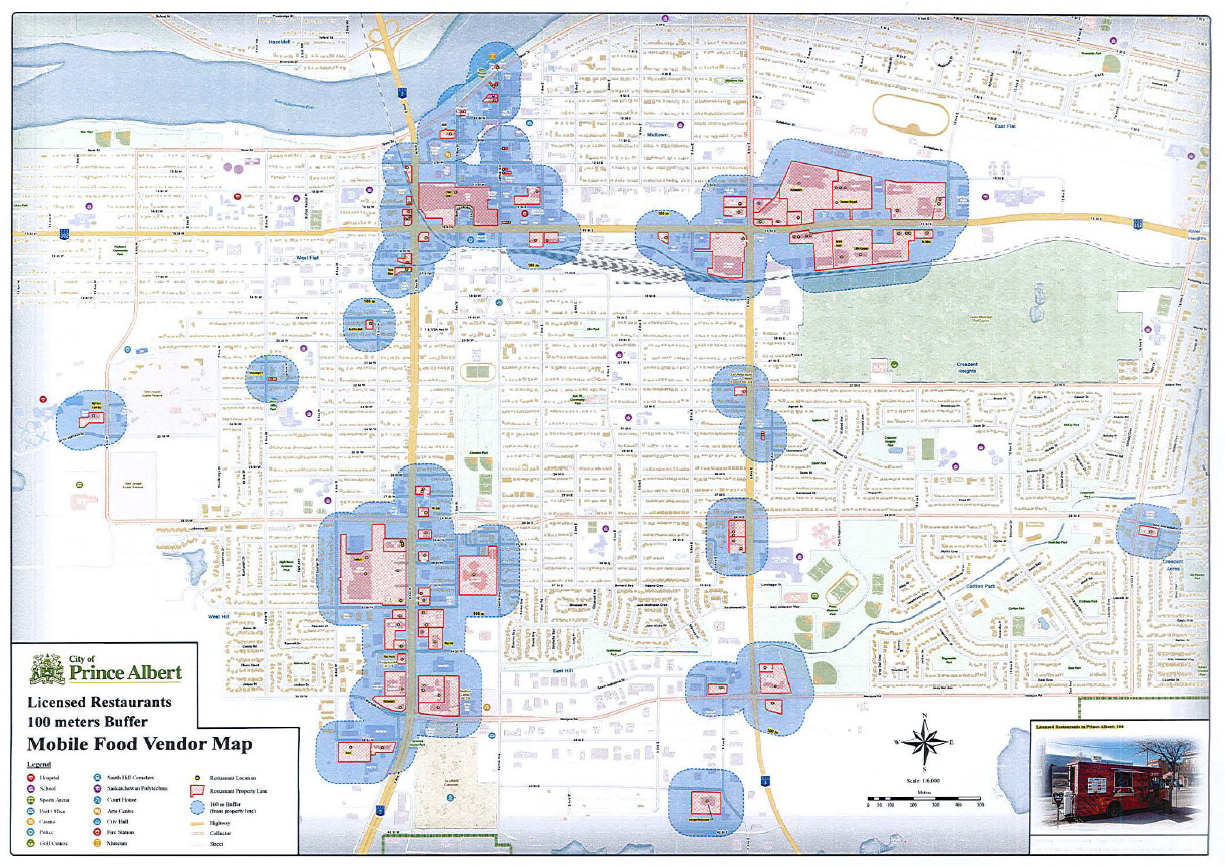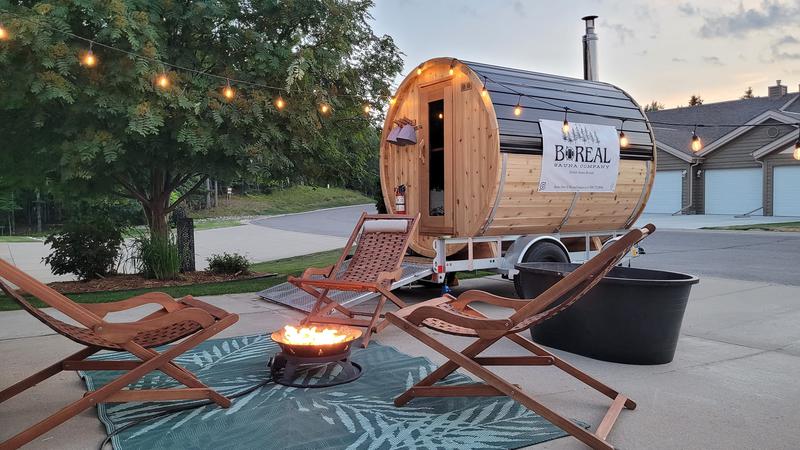
Council divided on food truck regulations
Prince Albert city council is pondering new regulations that would keep food trucks away from existing restaurants. While some councillors see the competition as healthy, others say the mobile kitchens have an unfair advantage because they don’t pay taxes like traditional restaurants do.
Mayor Greg Dionne first raised the idea of creating a mandatory food truck-free buffer zone around restaurants in November. At the time, council asked for a report on the issue, and at Monday night’s executive meeting that document was up for debate.
In the report, city adminstration recommended food trucks not be able to set up shop within 100 m of the property line of restaurants along Second Ave., within 10 m of restaurants in the downtown, or within 20 m of eateries in the rest of the city.
Saskatoon, Regina and Moose Jaw currently have 20 m exclusion zones in place.




